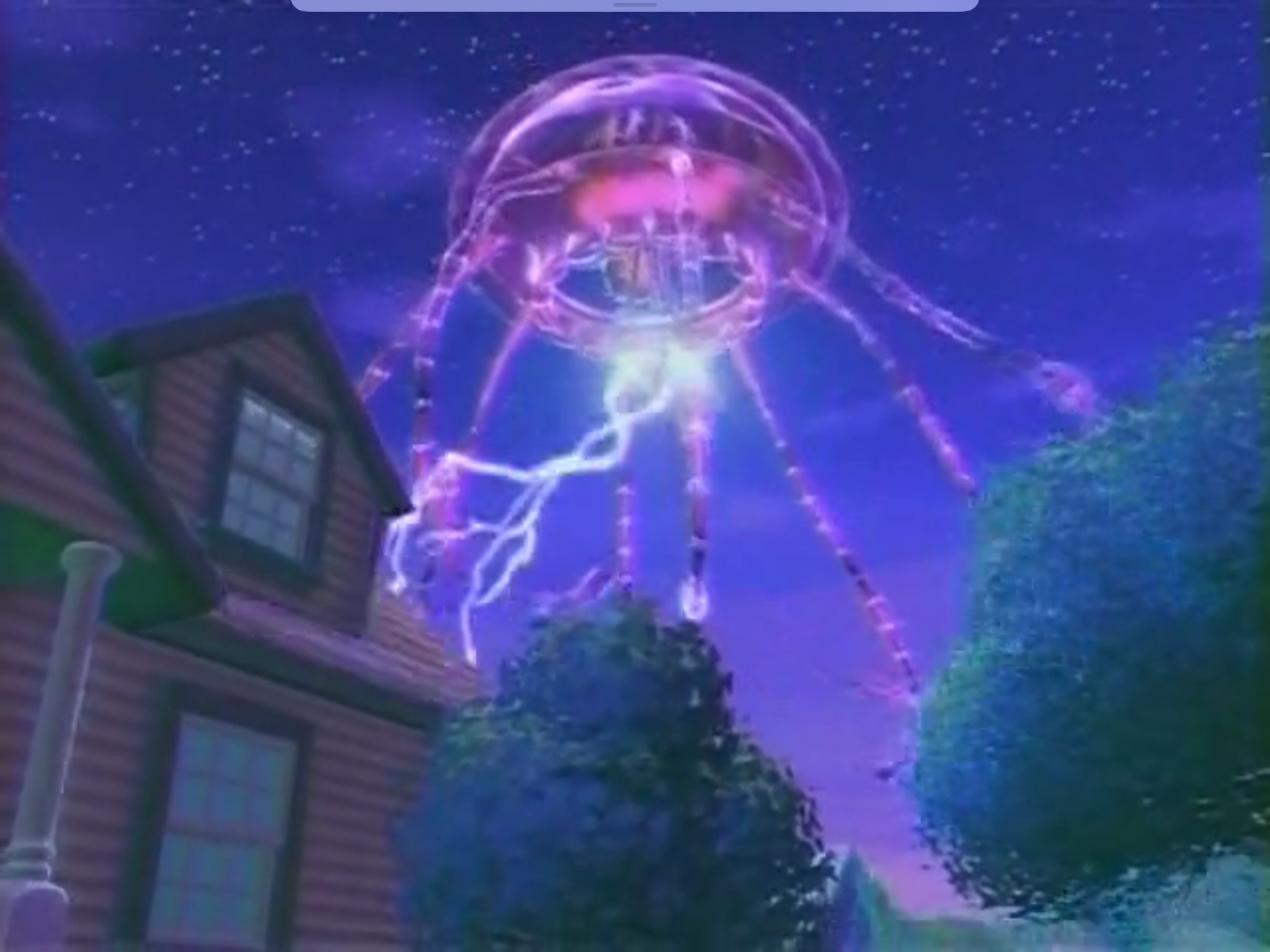

Seattle's ramen scene, which has exploded in the last decade, is populated by both popular Japanese chains and local one-offs putting a personal spin on the popular comfort food dish. Here, he takes us through five meals at his five favorite Japanese restaurants. It's not Seattle." In many ways, like the chef himself. "I think Seattle Japanese is its own culture," Nakajima says. Now, it’s fairly easy to find specialized restaurants dedicated to udon, soba, katsu, okazu pan, conbini-style sandwiches, and more, all interpreting Japan’s varied culinary landscape through a distinctly Seattle lens. In the years since Naka opened, Nakajima has grown up and moved on so, too, has Seattle’s Japanese food scene. In early 2020, just days before the stay-at-home order forced restaurant doors closed for months, he opened a dark, sexy, anime-decked bar/restaurant called Taku mid-year, he closed Adana for good. He ended up pivoting to a slightly scaled down version he renamed Adana in 2017. Naka always struggled to find its audience (though, editorial note, Nakajima’s food there was next level amazing). And that was a big thing for me: I was like, I'm going to do it first because someone has to.”

Or when they requested the bar, we'd explain to them that we only have an alcohol bar and not a sushi bar-that they're going to be sitting in front of a bartender and not a chef. We used to have people come into the restaurant on a Friday night and walk out because we didn't have a California roll. "When I opened Naka, even though I was getting press back-to-back, people still didn't understand Japanese cuisine as something other than sushi. "Naka was a statement in America for me," he says. When Nakajima opened his first Seattle restaurant, Naka, in 2015, he was dedicated to a fine-dining kaiseki menu-many courses of intricately prepared Japanese dishes highlighting Pacific Northwest ingredients at peak seasonality-with nary a nigiri in sight. So he quit high school in favor of education through experience, in Japanese restaurants here, then training in Osaka. By the time he'd fallen in love with life there, he was back in the States-and realized "all I wanted to do was rep Japan," he says. He spent junior high in Japan, where local kids made fun of his American accent.

But Nakajima explains that until fairly recently, Seattle’s interpretation of Japanese cuisine was fairly narrow in scope, limited to old-school sushi spots-many popularized by octogenarian sushi chef legend Shiro Kashiba -and American-Japanese fusion dishes.īorn in the Seattle area, Nakajima spent a childhood begging his mom for Lunchables, then sitting down to a home-cooked ichiju-sansai every night. Teriyaki (Japanese in name rather than origin, but still) is the city’s signature dish. Its history with Japanese food specifically is nearly as old- Maneki, an anchor tenant in the city’s Chinatown-International District, has been serving Japanese cuisine since 1904. Seattle’s rich and complicated Japanese history dates back to the late 19th century. (To be fair, he’s 32, but he’s already put in 17 years in restaurant kitchens-you do the math.) That juxtaposition is something you’ll find true for Seattle as well: arts patrons who wear sweatpants to the ballet, food nerds who follow a tasting menu at Canlis with a burger at Dick’s, city folk who can’t get enough of the mountains and water. Indeed, he’s a lesson in juxtaposition: a wild success and a high school dropout, boy band good looks and a been-around-the-block worldview that belies his obvious youth. If you judge Nakajima by his on-screen persona-all fire and drive delivered with his signature infectious giggle-you may be surprised to find a stereotypical Pacific Northwest introvert, most at home in the woods with his dog, Dodger, foraging for mushrooms. To hear the Seattle-based owner of Taku talk about himself, he’s either on at warp speed, or so far off he's snoring in the corner. Long before he was a nationally recognized celebrity chef, a finalist and fan favorite on season 18 of Top Chef, and a James Beard Award semi-finalist, Shota Nakajima was just a Japanese American kid with a megawatt smile and more energy than he knows what to do with.


 0 kommentar(er)
0 kommentar(er)
